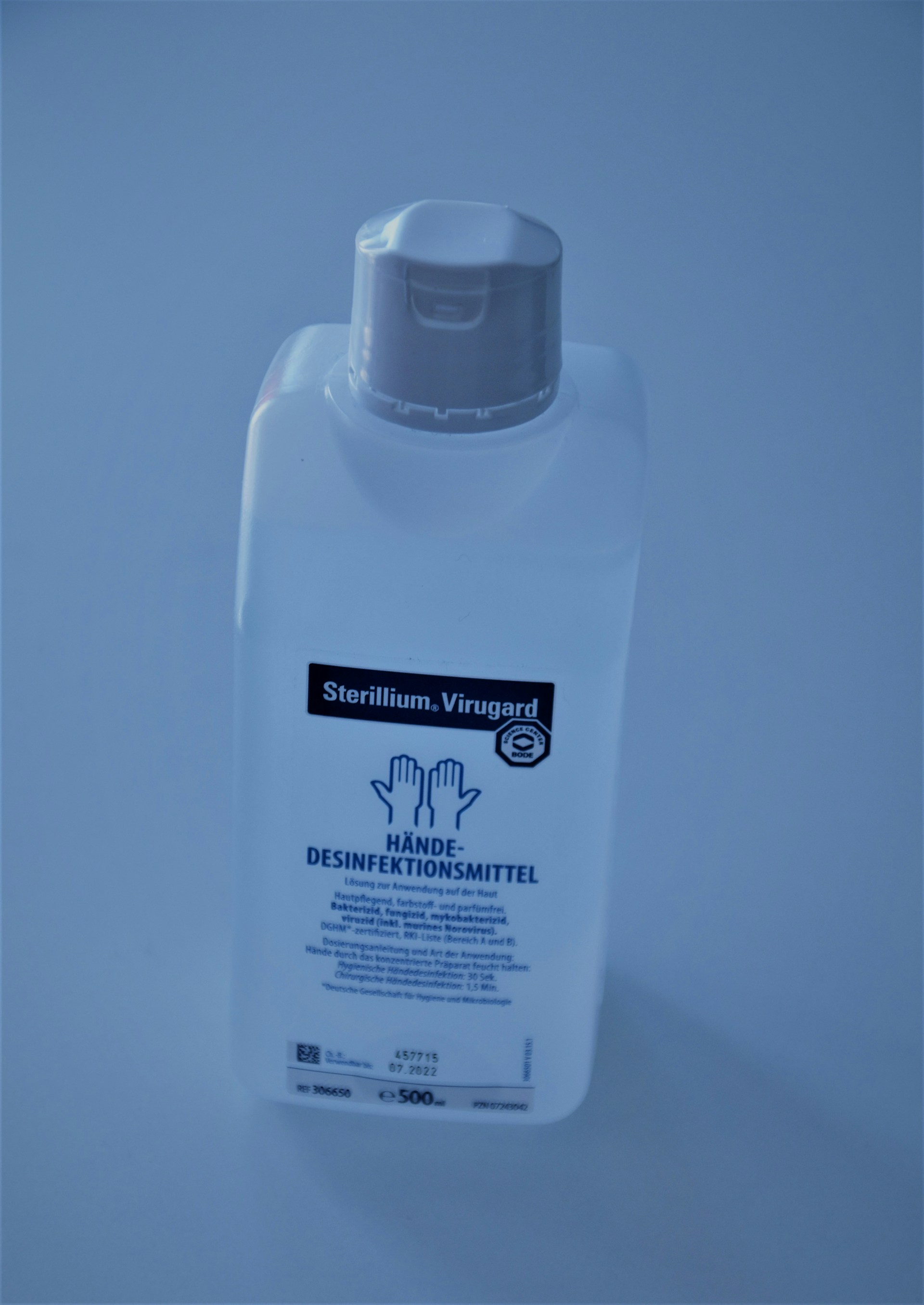Disinfectants – Gentle on the Skin?

In January 2025, the German Federal Court of Justice (BGH) issued a ruling1 regarding advertising for a "disinfectant foam," illustrating how strict the rules are for describing certain products.
The plaintiff, a consumer protection agency, objected to the product's claims such as “Very gentle on the skin” and “100% confirm skin compatibility.” Lower courts partly sided with the agency. The case was then appealed to the BGH.
The BGH found that these statements violated the EU Biocidal Products Regulation and ruled that such violations can be pursued under German competition law (Sections 3, 3a UWG) due to the potential to mislead consumers. This view overturned the previous ruling. Excerpt from the Biocidal Products Regulation:
“...In advertising for biocidal products, the product must not be presented in a way that is misleading regarding risks to human or animal health, the environment, or its efficacy. Advertising must never include the terms ‘low-risk biocidal product,’ ‘non-toxic,’ ‘harmless,’ ‘natural,’ ‘environmentally friendly,’ ‘animal friendly’ or similar expressions....”
At first glance, the regulation seems quite clear, doesn’t it?
The Higher Regional Court initially reasoned that consumers would interpret these claims as only relatively less harmful ("The average consumer would interpret ‘skin-friendly’ merely as a mitigation of possible side effects,” para. 86 of the ruling). However, the BGH clarified that an abstract risk of misleading consumers is sufficient. This had already been confirmed by a reference to the European Court of Justice in October 2024 (Case C-2024-527, “dm-drogerie markt”).
The case underscores the need to strictly follow EU regulations in medical and cosmetic advertising and use cautious language. It also confirms that such violations can be effectively enforced by consumer protection agencies and competitors.
Finally, the case shows that laws can be interpreted differently. Often, higher court rulings offer useful guidance. If none exist or rulings conflict, legal remedies may be worthwhile.
1 I ZR 197/22, Judgment of Jan 25, 2025
